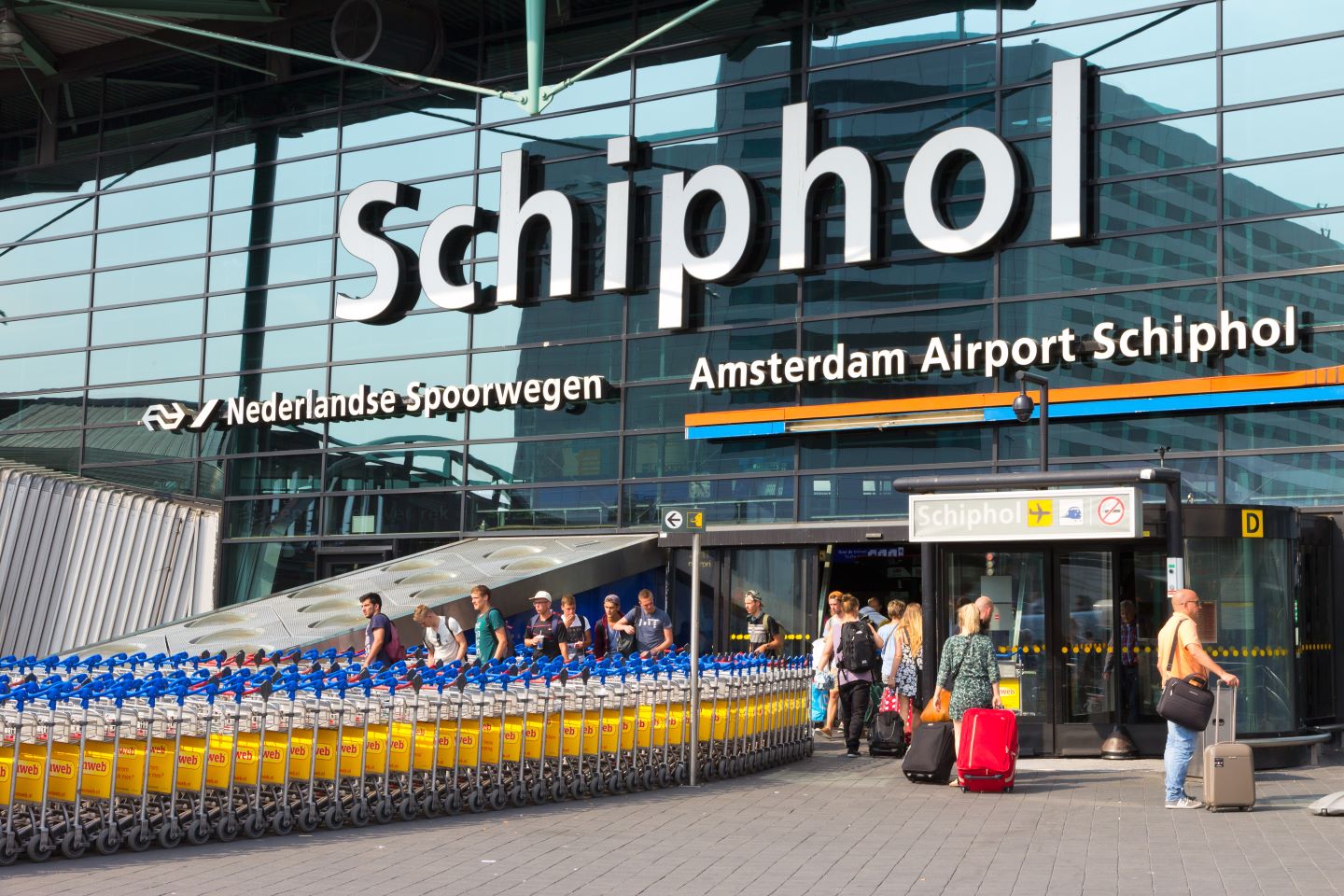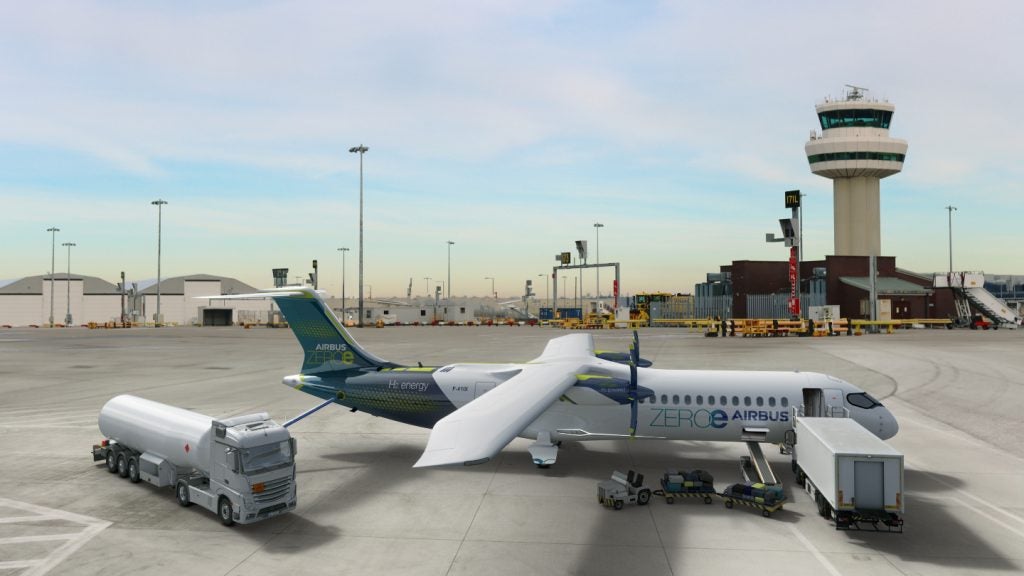
UK-based aviation servicer Menzies Aviation has received the IATA CEIV Pharma accreditation for its cargo facility at Amsterdam Airport Schiphol, highlighting the facility’s ability to handle high-value products.
The International Air Transport Association (IATA) created the Center of Excellence for Independent Validators in Pharmaceutical Logistics (CEIV Pharma) to help companies achieve “pharmaceutical handling excellence”.
The pharmaceutical industry, which transports over $1t worth of cargo yearly, relies on air transport for its efficiency and insurance that time-sensitive and temperature-controlled drugs will reach their destination safely.
The 37,000 m2 warehouse at AMS, which employs 250 people, processes around 300,000 tonnes of cargo every year.
IATA has stated that the aim of the CEIV Pharma accreditation is to make air cargo the “transport of choice for pharmaceuticals”.
Miguel Gomez-Sjunnesson – Executive VP for Europe, Menzies Aviation, stated how the accreditation emphasises Menzies commitment to quality assurance across its supply chain.
How well do you really know your competitors?
Access the most comprehensive Company Profiles on the market, powered by GlobalData. Save hours of research. Gain competitive edge.

Thank you!
Your download email will arrive shortly
Not ready to buy yet? Download a free sample
We are confident about the unique quality of our Company Profiles. However, we want you to make the most beneficial decision for your business, so we offer a free sample that you can download by submitting the below form
By GlobalDataGomez-Sjunnesson said: “Receiving the IATA CEIV Pharma accreditation is a testament to our unwavering commitment to excellence in air cargo services and recognition of our dedication to ensuring the utmost quality and integrity in every step of the supply chain journey.
“We’re delighted that Amsterdam joins the list of Menzies’ CEIV Pharma-approved facilities. At a time when our cargo network is expanding globally, it’s important that our facilities and processes meet the high standards of pharmaceutical handling that this accreditation demands”.
AMS is the fifth facility to receive CEIV accreditation, following Sydney Airport (SYD), Melbourne Airport (MEL), London Heathrow Airport (LHR), and Budapest Airport (BUD).
Through this process, IATA is attempting to establish a regulated and controlled approach to pharmaceutical transportation, which is vital to the intactness of pharmaceutical products.
As previously reported, the transportation of pharmaceutical supplies has previously seen large declines in demand owing to a lack of compliance and standardisation, emphasising the need for certification.







